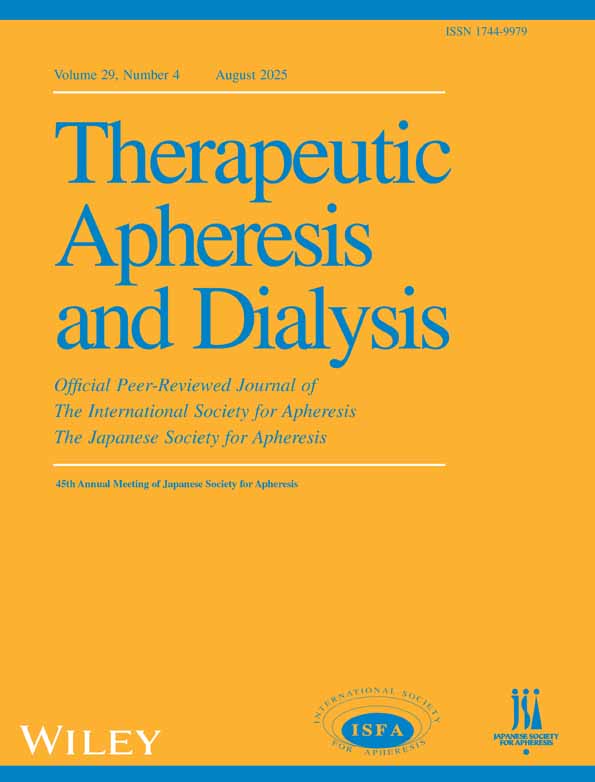Combined immunotherapy employing Wilms' tumor 1 peptide-pulsed dendritic cells and hormone or chemotherapeutic agents in patients with metastatic castration resistant prostate cancer
Abstract
Introduction
Metastatic castration-resistant prostate cancer (mCRPC) has a poor prognosis. This study evaluated the safety, immune responses, and clinical outcomes of Wilms' tumor 1 (WT1) peptide-loaded dendritic cell (DC) vaccination combined with hormone or chemotherapeutic agents in mCRPC patients.
Methods
WT1 peptide-loaded mature DCs were administered intradermally and the adjuvant OK-432 every 2–4 weeks. WT1-specific immune responses were assayed using ELISpot, HLA-tetramer, and CD107a assays.
Results
Vaccination was well tolerated with no severe adverse events. WT1-specific immune responses were significantly enhanced in patients with stable disease (SD), along with reduced regulatory T cells. A PSA reduction of >50% was achieved in 35.7% of patients. Median overall survival (mOS) was 28.5 months, exceeding the Halabi nomogram's estimate (19.0 months). Patients with WT1-specific immune responses exhibited significantly longer mOS, suggesting a link between WT1-specific immunity and favorable outcomes.
Conclusion
This immunotherapy approach shows promise for improving survival in mCRPC patients.
CONFLICT OF INTEREST STATEMENT
The authors declare no competing interests.
Open Research
DATA AVAILABILITY STATEMENT
The data supporting the findings of this study are available from the corresponding author upon reasonable request.




